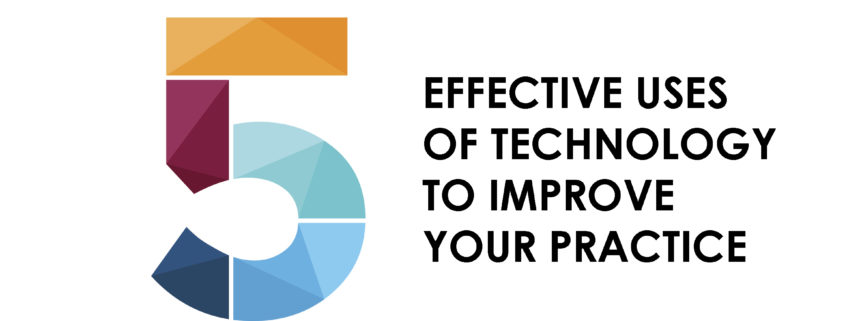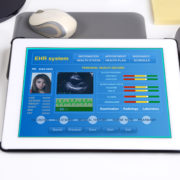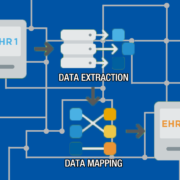5 Effective Uses of Technology to Improve Your Practice
You started your career in healthcare to help people. But that doesn’t mean you don’t want to be financially successful at the same time. When you’re working on establishing or growing your orthopedic practice, using your technology effectively can make a huge difference in your growth and bottom line. But what are some of the commonly-missed technology uses that have the strongest impact? Here’s a quick look at some great options to consider.
5 Effective Uses of Technology to Improve Your Practice
- Have a technology plan. It’s important to consider the new technologies that are coming down the road as well as those that are becoming obsolete or are being phased out. Take a few hours of your time to plan what technology you’re going to add to your practice this year and how you’re going to implement it to help ensure you have a solid overall tech strategy that builds on your practice’s existing best practices. Consider how well each change will integrate with your existing systems and practices to ensure a smoother transition.
- Look for data. The modern orthopedic practice is data-driven, starting with an effective electronic health record (EHR) system. An EHR captures a wide range of data from patient care and allows you to leverage that data to improve the accuracy of your billing, look at composite MIPS scores, historic patterns for that patient and any number of other purposes. Big data and analytics are here to stay, so having an EHR system that can integrate that type of information can make a huge difference in your practice’s financial, legal and patient care areas.
- Use comparative benchmarking to check clinician performance. Where do you or other clinicians in your practice compare to other professionals in your specialty? Are you ahead of the pack, just keeping up or falling behind the crowd? When you add the capability for real-time benchmarking that allows you to compare performance, patient outcomes and similar information against your peers, you can determine where you should focus professional development resources for yourself and each clinician in your practice.
- Get involved in specialized-heath registries. These specialty registries allow you to focus on only the registries that are focused on orthopedics, making it easier to avoid being overwhelmed. You can use clinical data registry engagement to improve your compliance with MIPS through its Advancing Care Information section. This type of system also allows you to build up bonus point to avoid penalties or even revenue losses by using related incentives.
- Handle digital reputation. A recent study found 72 percent of patients use online reviews as a yardstick to find a new doctor, while nearly half were willing to go out of network for a doctor who received better reviews than one that was in network. If you add in the 84% of people who trust reviews as much as a reference from a friend, you can see the importance of online reputation management. Building trust by providing engagement tools is a great way to handle part of that process while improving patient engagement.
By keeping these aspects of practice technology in mind, you can ensure that your practice can reach higher profitability while improving patient outcomes and care. Having the right technology to make this happen can have a huge impact on your practice’s performance.
At Exscribe, we have a number of digital healthcare and EHR solutions to help you keep your practice on the cutting edge of orthopedic technology. Please feel free to contact us today for a free demo of our groundbreaking EHR software solutions.











